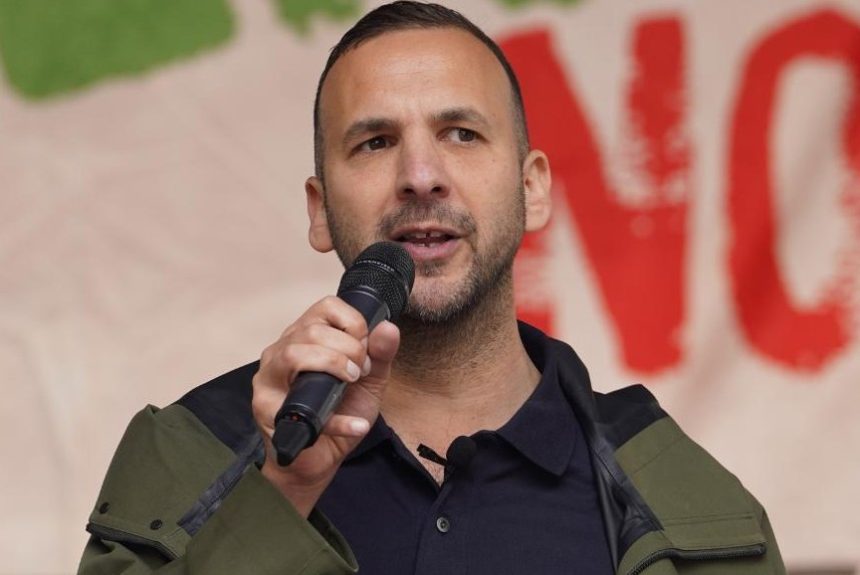Zack Polanski has been elected as the new leader of the Green Party, securing a commanding victory that marks a pivotal shift in the party’s direction.
The former actor and hypnotherapist clinched a record-breaking 20,411 votes, overwhelmingly defeating the joint bid by Ellie Chowns and Adrian Ramsay, who managed only 3,705 between them.
This landslide not only hands Polanski the title of first-ever sole leader of the Green Party but also solidifies his growing influence within the party ranks.
In his victory speech, Mr Polanski declared: “Thank you to every single person who voted for me. I promise to work every single day to deliver environmental, social, racial and economic justice.”
He added, “And to those of you who didn’t vote for me, this is a democracy. We don’t have to agree on everything. We just have to have a common cause. I give the same commitment to you. I will work every single day to grow this party. So, thank you very much.”
Polanski’s resounding win arrives at a time when the Green Party is repositioning itself as a strong progressive challenger to Labour, buoyed by an increase in MPs from one to four following the last general election.
Notably, the leadership election brought in the highest number of votes ever recorded in a Green Party leadership contest — a fact that reflects both rising support and renewed energy within the membership.
Zack Polanski’s rise signals a fresh, assertive chapter for the Greens — one driven by eco-populism, grassroots momentum, and a bold vision for justice across the board.
Throughout the campaign, Polanski championed what he called an “eco-populist” approach — one focused on grassroots engagement and bold messaging. His rivals, Ramsay and Chowns, argued for a more cautious route, accusing him of using language that risks alienating voters outside the core Green base.
Mr Ramsay and Ms Chowns criticised Polanski’s rhetoric, calling it “polarising” and appealing to a “narrow segment” of the electorate.
Despite the tension, Polanski’s message clearly resonated with a large swathe of the membership, especially those drawn in during a recruitment surge ahead of the vote. This move sparked allegations of “entryism”, which he firmly rejected.
Leadership elections in the Green Party take place every two years, although this contest was delayed from its original 2024 schedule to avoid clashing with the general election.
Carla Denyer, who previously shared leadership duties with Ramsay, opted out of the race in May, paving the way for a more dynamic contest.
The outcome now hands Polanski the reins during a time of growing political opportunity for the Greens, who are increasingly vocal on environmental justice, cost-of-living inequality, and social equity issues that are climbing up the public agenda.
Polanski has pledged to grow the party and welcome “thousands of new members” into the fold. With general elections looming and climate issues refusing to fade from headlines, his leadership could shape how the Greens position themselves on the national stage.
One thing is clear: his message of bold action and inclusive growth has struck a chord. Now, the spotlight is on how far he can carry the momentum.
“Bold action and bold leadership” is what Polanski promised. The Green Party’s future may just depend on it.






